The eruption of Mount Vesuvius killed people more slowly than once thought.
A man who died in Herculaneum was found with an exploded skull and glass-like brain tissue.
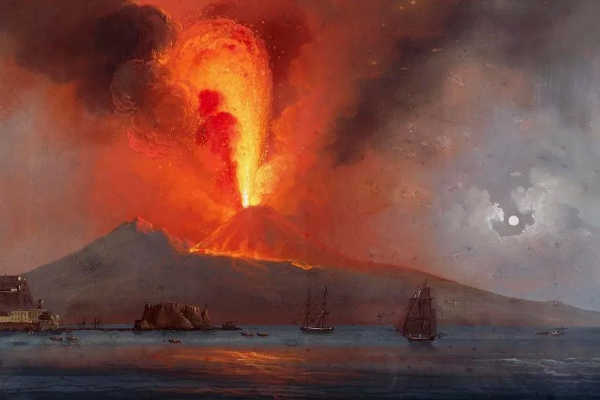
The A.D. 79 eruption of Mount Vesuvius destroyed Pompeii, and also decimated the neighboring town of Herculaneum. Two new scientific studies shed more light about the tragic of this cataclysmic event.
- The hundreds of Herculaneum residents that fled to a nearby beach and perished while trying to escape didn’t vaporize instantly but baked slowly as they burned.
- The extreme heat of the volcanic eruption turned a man’s brain into glass.
People baked slowly during Mount Vesuvius eruption
The A.D. 79 eruption of Mount Vesuvius unleashed an avalanche of gas and rock hot enough to boil blood and vaporize flesh. This is actually what was thought until now.
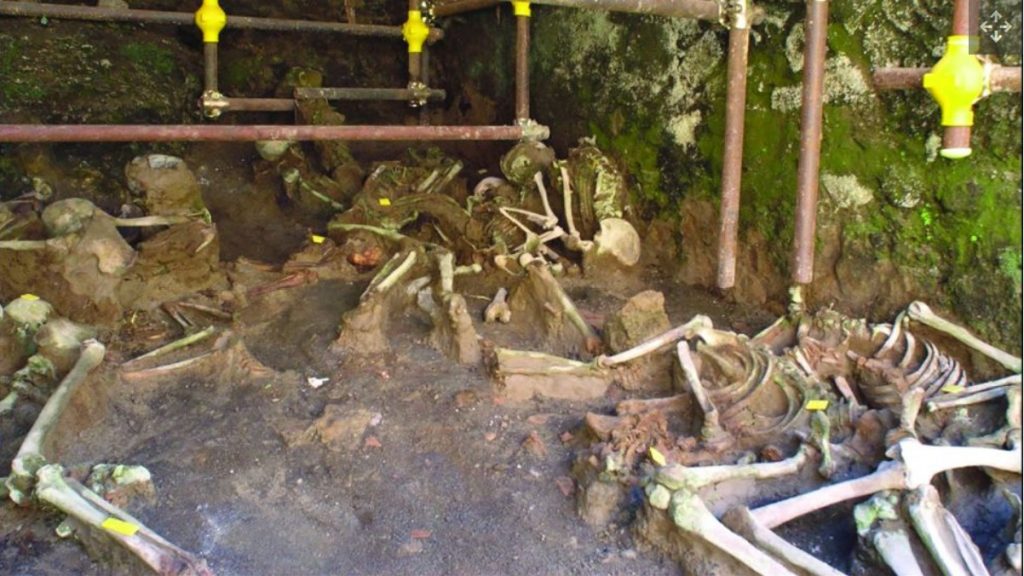
But some new data suggest that hundreds who died on a beach weren’t instantly vaporized but instead suffocated to death on toxic fumes and slowly baked as they died.
Mount Vesuvius eruption transformed brain tissue into glass
It’s really rare to find a human brain during archeological digs as they normally transform into soap over time during aprocess called saponification.
But some scientists were lucky enough to find bits of brain that had transformed into glass – during process called vitrification – on a man who perished in Herculaneum during the Vesuvius eruption.
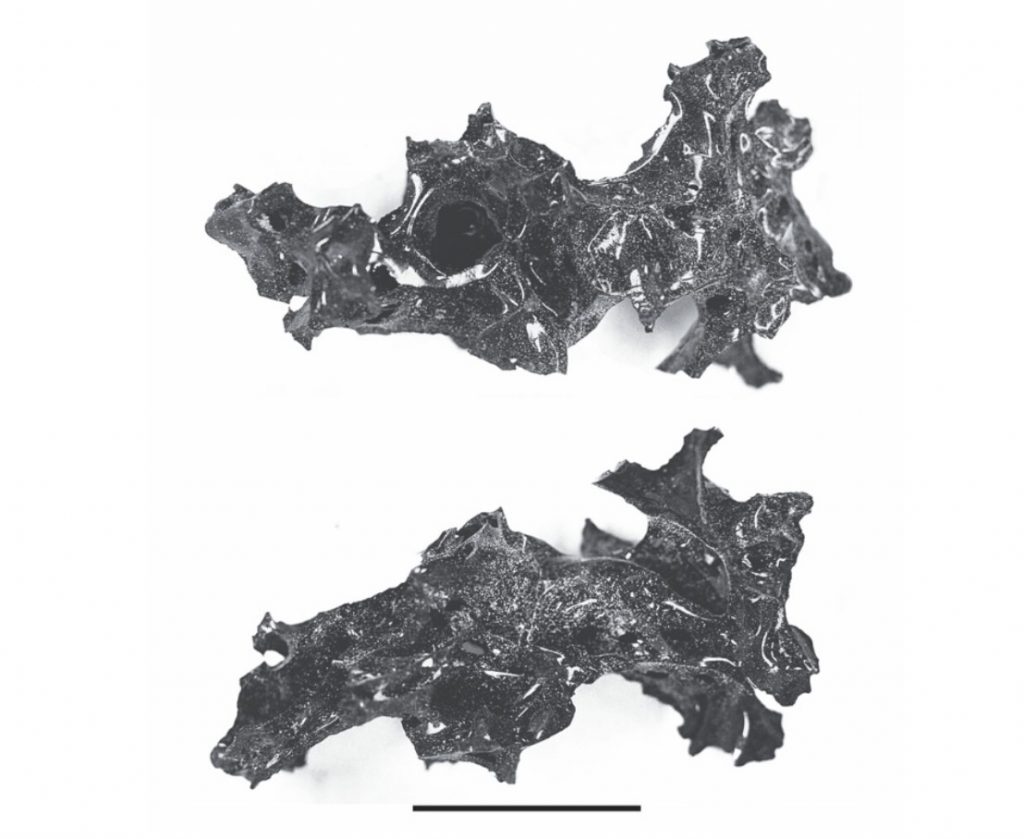
In contrast to the beach victims from the first study above, the man with the vitrified brain died in a building and his skull burst during the eruption.
The scientific team further determined that the room temperature likely reached 968°F (520°C). Following the brief blast of heat, the body would have rapidly cooled, leaving behind the grisly remains of an exploded skull coated in vitrified brain bits.
This corroborates previous scientific studies showing that the Vesuvius eruption unlashed an intense heat of melted rock, volcanic gases and ash, called pyroclastic flow, that killed everything on its path while engulfing Herculaneum at speeds exceeding 50 mph (80 km/h).
In summary, people that escaped on the beach of Herculaneum didn’t die instantly, but in a slow and gruesome suffering. In contrast, people in buildings were almost instantly vaporized by the pyroclastic flows, leaving almost no traces behind. Find similar archeological news on Strange Sounds and Steve Quayle. [Cambridge, NE Journal of Medicine]


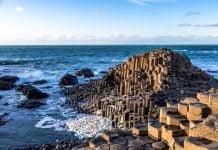
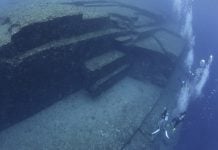









Rather be vaporized, than slow cooked.